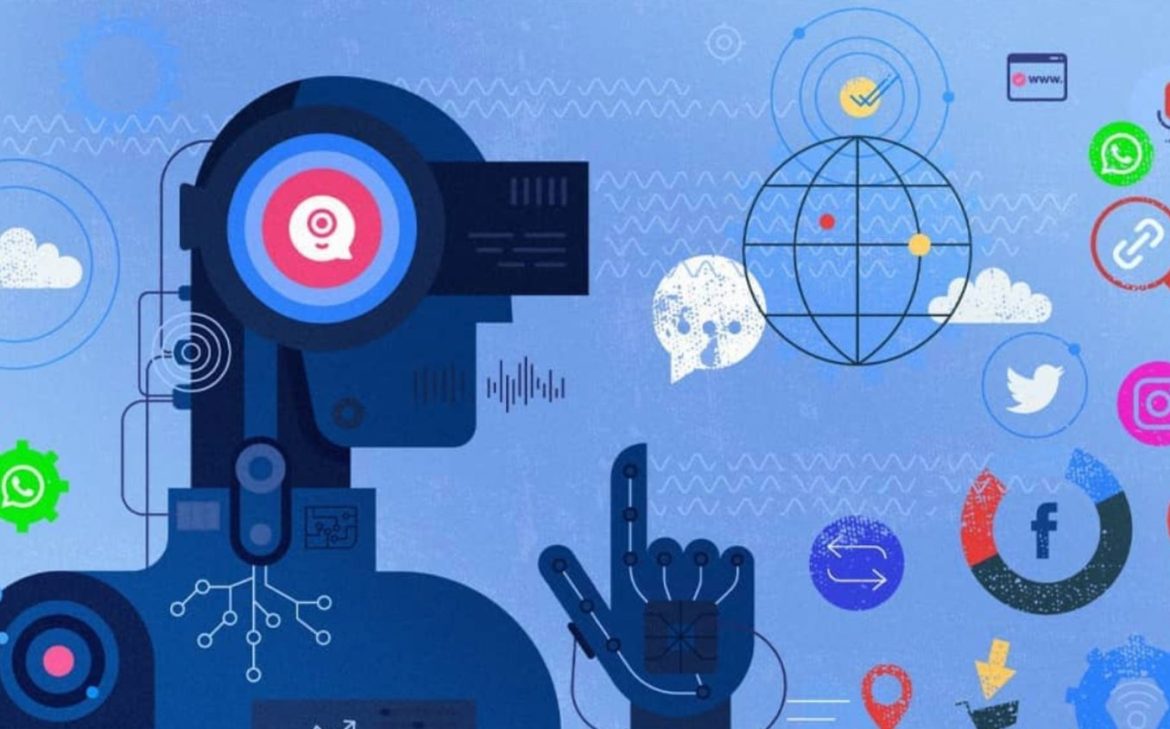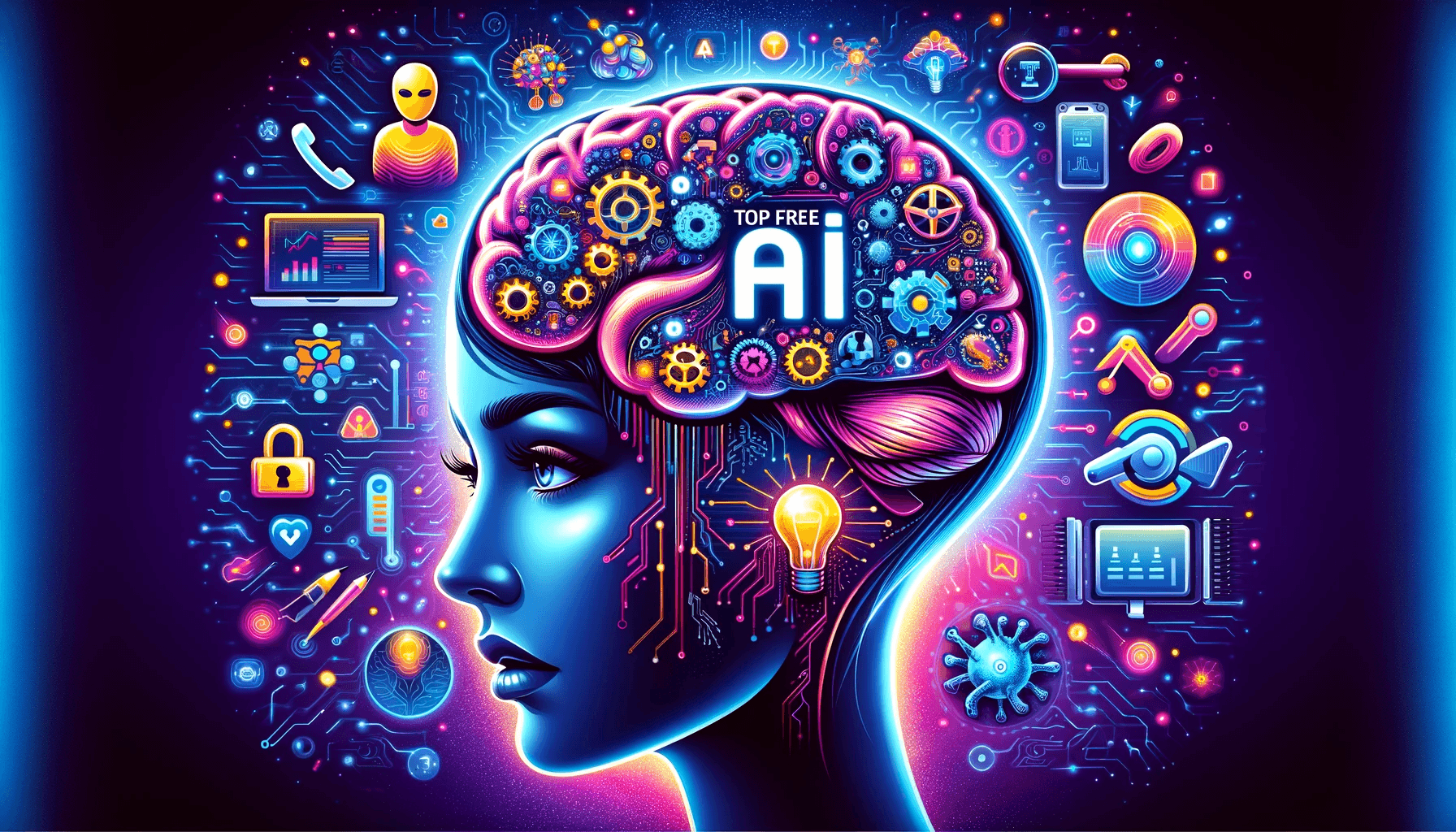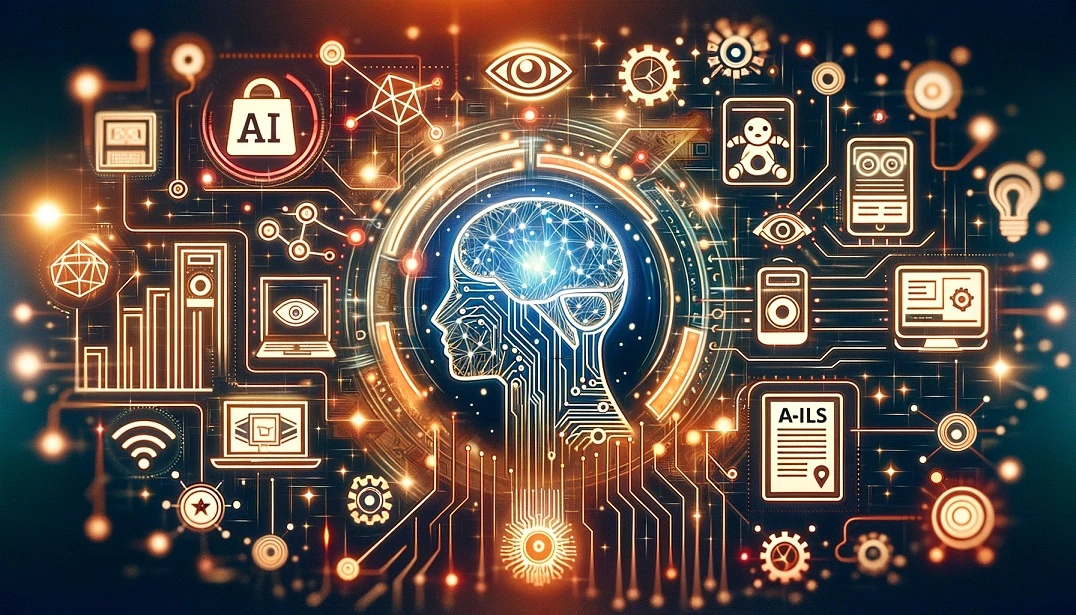Artificial Intelligence (AI) has become deeply embedded in social media platforms, driving personalized content, automating moderation, and shaping online interactions. While AI enhances user experience and platform efficiency, it also introduces a range of significant risks that impact individuals, society, and democracy.
How AI Is Used in Social Media
AI in social media is used for recommendation algorithms, facial recognition, content moderation, sentiment analysis, and targeted advertising. These systems analyze user behavior and preferences to deliver content that is more engaging and relevant. However, this powerful technology comes with complex challenges.
Key Risks of AI in Social Media
Misinformation and Fake Content
AI tools, including deepfakes and text generators, can be used to create misleading or false content. These sophisticated fabrications spread rapidly across social media, making it harder for users to distinguish truth from manipulation and fueling the spread of misinformation.
Algorithmic Bias
AI systems learn from historical data that may carry inherent biases. When these biases are embedded into algorithms, they can reinforce stereotypes, marginalize certain groups, and skew public discourse—leading to unequal representation and discrimination.
Privacy Concerns
AI-driven data collection and analysis often occur behind the scenes. Social media platforms harvest vast amounts of user data to train their algorithms, raising serious concerns about surveillance, data ownership, and personal privacy.
Mental Health Impact
AI algorithms prioritize engagement, often by promoting emotionally charged content. This can lead to addictive behavior, anxiety, depression, and distorted self-image—especially among young users. The pressure to conform to algorithm-driven trends may also harm users’ mental well-being.
Manipulation and Echo Chambers
Recommendation systems tend to reinforce existing beliefs by showing users more of what they already agree with. This can create echo chambers, limit exposure to diverse viewpoints, and contribute to political polarization and misinformation.
Lack of Transparency
AI algorithms used on social media are typically proprietary and opaque. Users often don’t understand how content is filtered, prioritized, or suppressed. This lack of transparency limits accountability and user control over their online experience.
Automated Moderation Flaws
While AI helps in flagging harmful or inappropriate content, it is far from perfect. Automated moderation can lead to over-censorship or allow harmful content to slip through. It often fails to understand context, cultural nuances, or satire.
Conclusion
AI is revolutionizing social media, but it also introduces substantial risks that must be addressed responsibly. Ensuring transparency, reducing bias, and protecting user well-being are critical steps toward building safer and more ethical AI systems. As AI continues to shape the digital landscape, a balanced approach that prioritizes both innovation and public interest is essential.







Leave feedback about this